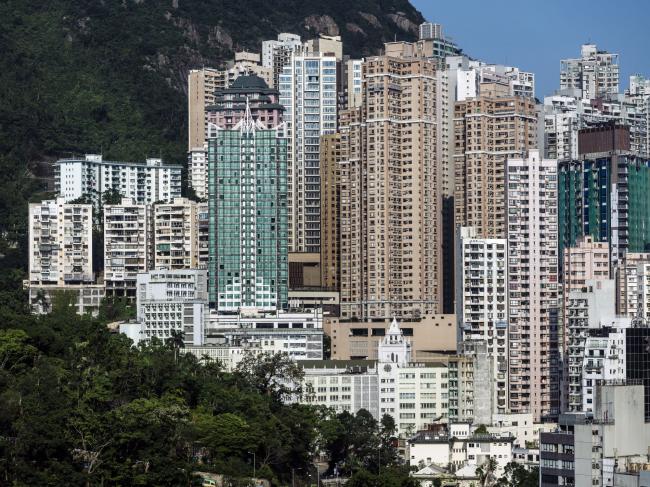Investing.com’s stocks of the week
(Bloomberg) -- Welcome to Tuesday, Asia. Here’s the latest news and analysis from Bloomberg Economics to help you start the day:
- In a bond market where investors once received ham as interest payment, the challenge to rein in unruly borrowers is imaginably tough. That’s the daunting task Beijing faces now
- Financial markets had expected a bright start to 2020, buoyed by the sight of a U.S.-China phase-one trade deal and the lagged impact of rate cuts. But now they have a new risk to contend with -- higher global oil prices, writes Ziad Daoud at Bloomberg Economics
- Landlords in Hong Kong, a city with some of the highest commercial rents in the world, are staring down the barrel of a tough year
- Japan’s record corporate bond issuance is likely set to slow ahead, but a boom in environment-friendly debt could limit the downside
- American companies and consumers are paying almost the full cost of U.S. tariffs, and the impact of those duties on import volume magnifies over time, according to the National Bureau of Economic Research
- Here are the highlights from the hundreds of papers and presentations made at the American Economic Association’s annual conference
- Investors should be careful about assuming that strong U.S. economic conditions guarantee that President Donald Trump will win another term in November, Morgan Stanley (NYSE:MS) strategists warned
- Richmond Fed President Thomas Barkin said a potential escalation of U.S. tensions with Iran is among the shocks that could threaten America’s record-long economic expansion
- The euro-zone economy edged gradually away from stagnation at the end of 2019 as services picked up to counter moribund manufacturing, according to the latest PMI reading
